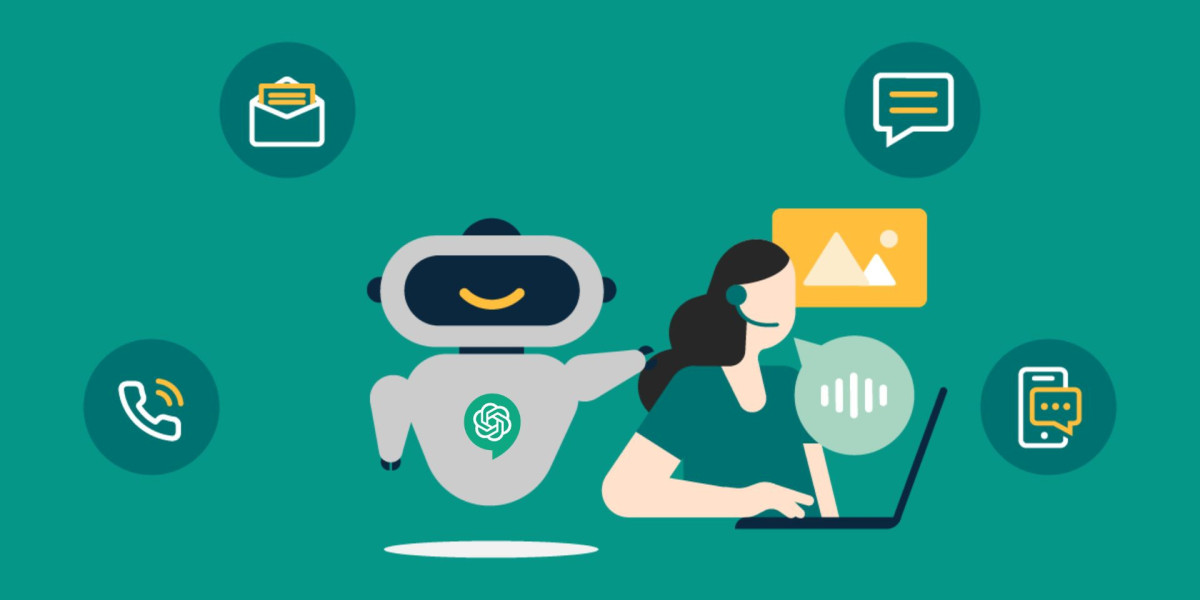Finding a job can be a challenging process, especially when you're uncertain about where to begin. With the advent of technology, job seekers now have more options than ever before, from traditional job search methods to the use of chatbots. Recruitment experts, like Delta International Recruitment Agency, often highlight the benefits of modern tools, but which one is better for your career hunt? In this blog, we’ll explore the pros and cons of using chatbots versus traditional job search methods to help you decide which approach might be best for you.
Understanding Chatbots in Job Search
What Are Chatbots?
Chatbots are AI-driven programs designed to simulate human conversation. They can answer questions, provide information, and even assist with tasks like job applications. Companies and job portals use chatbots to streamline the recruitment process, providing candidates with an instant and interactive way to engage with employers.
How Chatbots Assist in Job Searches
- Instant Response:
Chatbots provide immediate feedback and information, helping candidates navigate job portals without waiting for human intervention. - Personalized Recommendations:
Many chatbots can analyze your resume or profile to suggest job openings that match your skills and experience. - Guidance Through the Application Process:
Chatbots can guide users step-by-step through job applications, ensuring that no crucial details are missed. - Availability 24/7:
Unlike human recruiters, chatbots are available around the clock, making them a convenient option for job seekers.
Traditional Job Search Methods
What Are Traditional Job Search Methods?
Traditional job search methods include manual activities such as searching job boards, applying directly through company websites, attending career fairs, and networking. These methods have been used for decades and remain popular due to their effectiveness in certain scenarios.
How Traditional Job Searches Work
- Job Boards:
Websites like LinkedIn, Indeed, and Glassdoor where candidates search for job openings and submit applications directly. - Networking:
Connecting with professionals, attending industry events, or reaching out to potential employers directly. - Recruitment Agencies:
Professional agencies that match job seekers with employers based on skills and job requirements.
Chatbots vs. Traditional Job Search: A Comparative Analysis
Benefits of Using Chatbots for Job Search
Efficiency and Speed:
- Chatbots can quickly sort through thousands of job listings and present the most relevant options to you.
- They provide instant responses, reducing the time spent waiting for feedback.
24/7 Availability:
- Chatbots work around the clock, allowing you to job hunt whenever it's convenient for you, whether it’s late at night or during weekends.
User-Friendly Experience:
- The interactive nature of chatbots can make the job search process less daunting, especially for those unfamiliar with online job portals.
Personalization:
- Advanced chatbots can analyze your profile and preferences to suggest jobs that closely match your skills and career goals.
Drawbacks of Using Chatbots
Limited Human Interaction:
- Chatbots lack the personal touch that human recruiters or networking can provide, which may be crucial in industries where personal connections are valued.
Limited Problem-Solving Abilities:
- Chatbots may struggle with complex queries or issues, often providing scripted responses that may not fully address a candidate’s concerns.
Dependence on Technology:
- Technical glitches or limitations in chatbot programming can lead to miscommunication or missed opportunities.
Benefits of Traditional Job Search Methods
Human Interaction:
- Provides direct communication with recruiters and hiring managers, allowing for better understanding and negotiation of job terms.
Networking Opportunities:
- Building professional connections through networking can lead to opportunities that are not advertised publicly.
Access to Hidden Job Markets:
- Many jobs are filled through referrals and direct contacts, which can only be accessed through traditional methods.
Drawbacks of Traditional Job Search
Time-Consuming:
- Searching for jobs manually and waiting for responses from recruiters can be slow and tedious.
Limited Availability:
- Unlike chatbots, traditional job searches require you to work within the availability of recruiters, job fairs, or networking events.
Overwhelming Process:
- The sheer number of job boards and application requirements can be overwhelming for job seekers.
Which Is Better: Chatbot or Traditional Job Search?
The choice between chatbots and traditional job search methods depends on individual needs, preferences, and circumstances. Here’s a quick breakdown to help you decide:
Use Chatbots If:
- You need quick, personalized job recommendations.
- You prefer a streamlined, tech-driven job search process.
- You’re looking for a convenient way to job hunt 24/7.
Use Traditional Methods If:
- You value personal connections and direct communication with recruiters.
- You’re looking to access hidden job markets or exclusive opportunities.
- You want to leverage networking to boost your job search efforts.
Conclusion
Both chatbots and traditional job search methods have their unique strengths and weaknesses. Chatbots offer speed, convenience, and personalized recommendations, making them ideal for tech-savvy job seekers. On the other hand, traditional job search methods provide human interaction, networking opportunities, and access to unadvertised jobs. Combining both approaches could give you the best of both worlds, enhancing your job search experience and increasing your chances of landing the perfect job.



